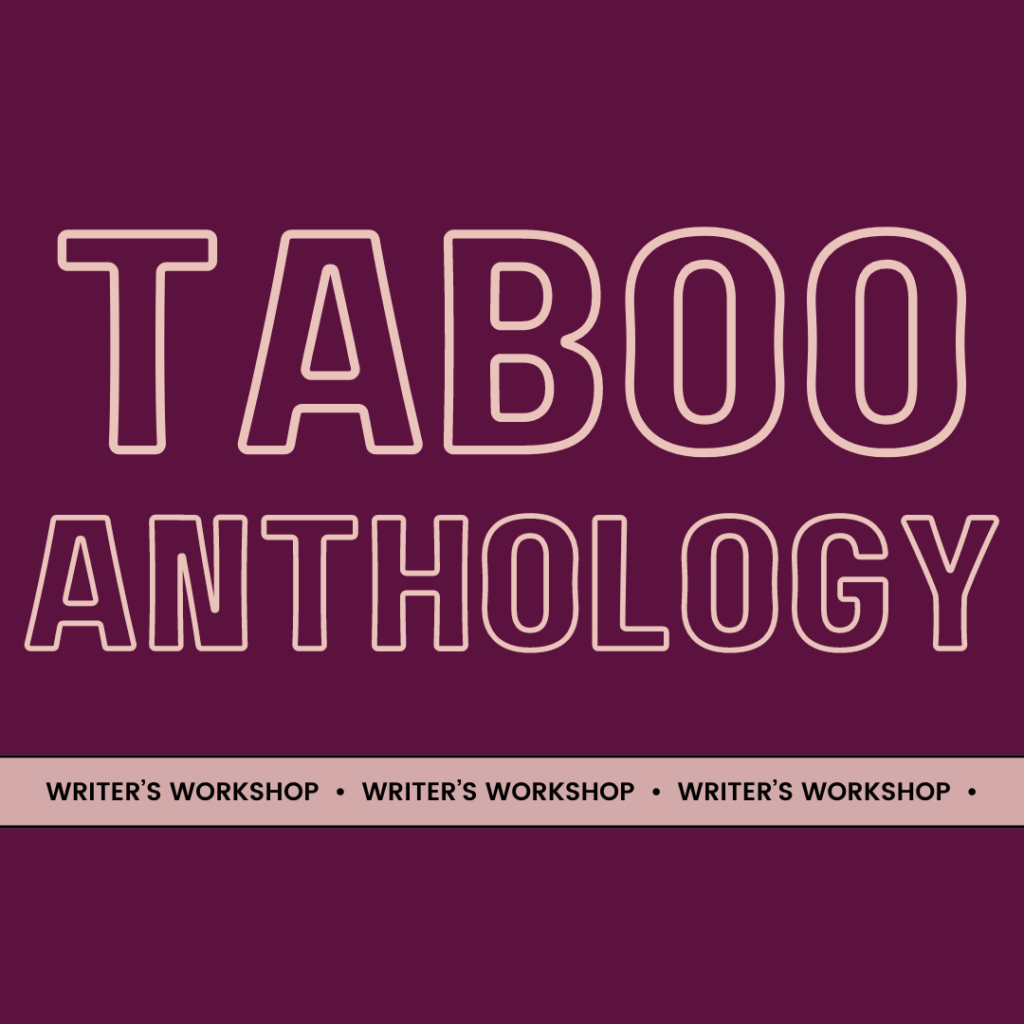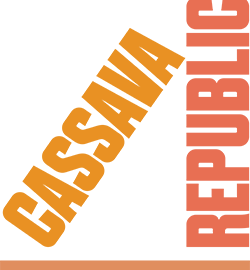Ever wondered what the future of Black publishing holds? Or have you pondered the legacies today’s literary giants will leave behind for future generations? Undoubtedly, African and global Black publishing have evolved over the years, and we are proud participants in today’s vibrant landscape. However, these questions not only occupy our minds but also inform our path towards our 2030 vision.
At the heart of this vision are several commitments towards expanding our understanding of what global Black publishing can look like, and growing beyond the confines placed upon Black writers. As such, we are committed to championing Black women writers within the male-dominated non-fiction space, where broader representation is sorely overdue. Today’s publishing landscape has relegated Black women to the role of storytellers, focusing on fiction, memoirs, or personal essays, despite a rich history of Black women as knowledge creators and critical thinkers, producing theoretically rich works of non-fiction.
We envision a future where the literary landscape reflects a balance of the voices that make up our world – both on and off the page. A space where women writers aren’t just heard but celebrated, where their work resonates far and wide. The future we’re striving for is one where diversity isn’t just a buzzword but a lived reality. This is where our latest project comes in.
We are thrilled to share about our upcoming African Women’s Non-fiction Writing and Editing Workshops, two residential workshops for African women living on the continent and interested in writing or editing non-fiction. Over a 10-day period, participants will be led by a renowned (soon to be announced) Black female author and editor through a rigorous curriculum aimed at refining their craft and engaging critically with the rich tradition of non-fiction writing and editing, all while exploring their own unique voice and style. Behind every great writer is a great editor, and Black women can only take up meaningful space in the non-fiction genre when there are more Black women editors as well as writers, to nurture and foster great work.

To top it off, the workshop will culminate in a final essay to be published in an anthology by Cassava Republic Press under the theme, TABOO. Participants will explore the subject from different angles of their choosing in a final essay, bringing fresh insights to the conversation. The essays will then be edited by participants in the Editing workshop, with guidance from the facilitator.
With a generous grant from Open Society Africa and institutional support from the Johannesburg Institute of Advanced Study, the workshops will be held July and September 2024 in Johannesburg, South Africa, inclusive of travel within the continent, accommodation, and meals for all participants.
Expanding our catalogue of non-fiction titles by Black women, such as She Called Me Woman, Longthroat Memoirs, and Female Fear Factory, initiatives like the Global Black Women’s Non-Fiction Manuscript Prize, the African Women’s Non-fiction Writing and Editing Workshops all form part of our mission to nurture and encourage more Black women to create critical, thoughtful, and inspiring non-fiction works.
Apply today for a chance to join this enriching retreat! Know someone who might be interested? Share this with them. More information on the workshop and application guidelines can be found on our website. Applications close May 31st, 2024.
